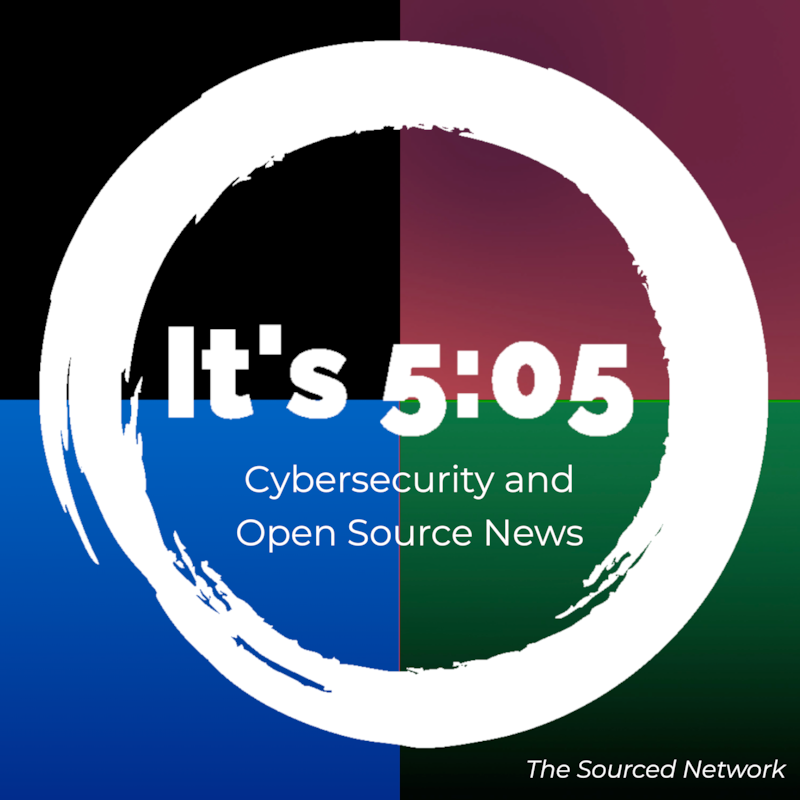🎙️ Free, ungated access to all 235+ episodes of “It’s 5:05!” on your favorite podcast platforms: https://bit.ly/505-updates. ♻️ You’re welcome to 𝗿𝗲𝗽𝗼𝘀𝘁 if your followers will find this of value.
Marcel Brown: September 28th, 1997. Just a little over two weeks after naming Steve Jobs interim CEO, Apple launches their Think Different ad campaign. “Here’s to the Crazy Ones, the misfits, the rebels, the troublemakers, the round pegs in the square holes. Because the people who are crazy enough to think they can change the world, are the ones who do.”
Edwin Kwan: Security researchers have discovered a campaign where attackers were attempting to sneak code into software projects by disguising them as changes made by GitHub Dependabot.
Trac Bannon: CISA has published a comprehensive guide for planning and implementing effective security measures. Why does it matter that the security planning workbook comes from CISA? By CISA taking lead and making the workbook public, the techniques and guidance are accessible to any organization, regardless of size or resources.
Katy Craig: Prepare for security success with the Cybersecurity and Infrastructure Security Agency’s Security Planning Workbook. What’s unique about this workbook is its accessibility. You don’t need to be a security expert to use it effectively.
Olimpiu Pop: This month, the Cybersecurity and Infrastructure Security Agency published its security planning workbook for those who want to improve their security, regardless of the scope of their organization. The workbook will respond to questions like, ” How do you form a planning team? How do you assess risk? What should you consider when mitigating risk?”
Today is Friday, September 29th, 2023. From Sourced Network Productions in New York City, It’s 5:05. I’m Mark Miller sitting in for Hillary Coover, who will be back on Monday. Today’s episode includes our Friday Point of View segments with updates from Trac Bannon, Katy Craig, and Olimpiu Pop on CISA’s Security Planning Workbook. To start today’s updates, Edwin Kwan talks about a campaign where attackers were attempting to sneak code into software projects by disguising them as changes made by GitHub Dependabot.




